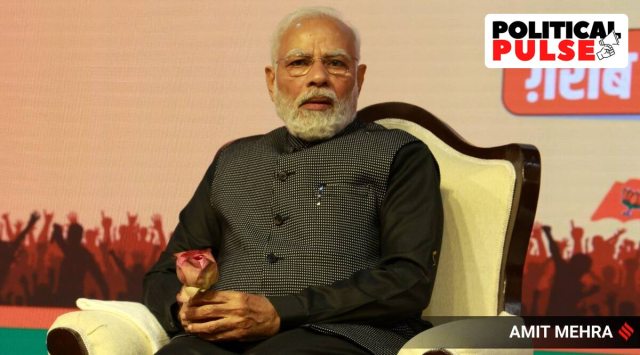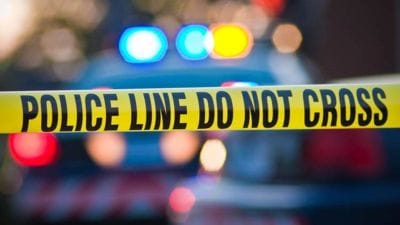The BBC documentary focuses on Modi’s and his then state government’s response to the 2002 Gujarat riots.

The Ministry of Information and Broadcasting, officials said, issued directions Friday to YouTube to block multiple videos that published the first episode of the two-part documentary, and also ordered Twitter to block over 50 tweets containing links to the episode.
YouTube and Twitter, officials said, have complied with the directions issued by the Ministry which invoked emergency powers under the Information Technology Rules, 2021.
The government’s directions drew a sharp response Saturday from the Opposition with leaders calling it “censorship”.
TMC MP Derek O’Brien said a tweet by him on the BBC documentary, which “received lakhs of views”, had been taken down by Twitter.
He posted a mail from Twitter saying his tweet had been withheld following “a request from the Indian Government” which said the “content violates the laws of India”. Calling it “censorship”, O’Brien said the Opposition “will continue to fight the good fight”.
Congress MP Jairam Ramesh, the party’s communications in-charge, in a Twitter post, said, “PM and his drumbeaters assert that the new BBC documentary on him is slanderous. Censorship has been imposed. Then why did PM Vajpayee want his exit in 2002, only to be pressurised not to insist by the threat of resignation by Advani? Why did Vajpayee remind him of his rajdharma?”.
Mahua Moitra, TMC MP, wrote on Twitter: “Govt on war footing to ensure no one in India can watch a mere BBC show.”
Story continues below this ad
Sources said senior officials of multiple ministries, including External Affairs, Home Affairs and I&B, examined the documentary and saw in it an “an attempt to cast aspersions on the authority and credibility of the Supreme Court of India, sow divisions among various communities, and make unsubstantiated allegations regarding actions of foreign governments in India”.
It was allegedly found to be “undermining the sovereignty and integrity of India, and having the potential to adversely impact India’s friendly relations with foreign states”, thereby making a case to invoke emergency powers under the IT Rules, officials said.
On Thursday, a day after the BBC aired the first part of the two-part documentary, the government called it “a propaganda piece designed to push a particular discredited narrative”.
Arindam Bagchi, spokesperson for the MEA, said, “The bias, the lack of objectivity, and frankly a continuing colonial mindset, is blatantly visible. If anything, this film or documentary is a reflection on the agency and individuals that are peddling this narrative again. It makes us wonder about the purpose of this exercise and the agenda behind it.”
Story continues below this ad
British Prime Minister Rishi Sunak also said that he does not agree with the “characterisation” made by Imran Hussain, the Pakistan-origin British MP who raised the question about Modi’s alleged role and called the riots “ethnic cleansing”.
“The UK government’s position on this has been clear and longstanding and has not changed. Of course, we don’t tolerate persecution anywhere but I’m not sure I agree at all with the characterisation,” Sunak said.
Former UK Foreign Secretary Jack Straw, who was in office between 2001 and 2006, says in the documentary that the UK government instituted an inquiry and a team visited Gujarat to investigate the riots at the time. The inquiry report, according to the documentary, blamed the then Modi government for the violence that targeted minorities.
However, in June 2022, the Supreme Court agreed with the findings of the Special Investigation Team appointed by it, which had said that there was no “larger conspiracy” behind the Gujarat riots, and had dismissed the appeal challenging the SIT’s clean chit to Modi and others in cases related to the riots.
Story continues below this ad
Defending the documentary, a spokesperson for the BBC, in a statement Friday, said, “The documentary was rigorously researched according to the highest editorial standards.”
On Saturday, 302 eminent citizens comprising retired judges, bureaucrats (including 33 former ambassadors) and 156 retired Army officers, wrote a letter against the BBC, calling it “the archetype of British past imperialism in India setting itself up as both judge and jury, to resurrect Hindu-Muslim tensions that were overwhelmingly the creation of the British Raj policy of divide and rule”.
While the documentary was not made available in India by BBC, several YouTube channels uploaded its first episode. The government has also directed YouTube and Twitter to block videos and tweets respectively in the future if uploaded on their platform.

































